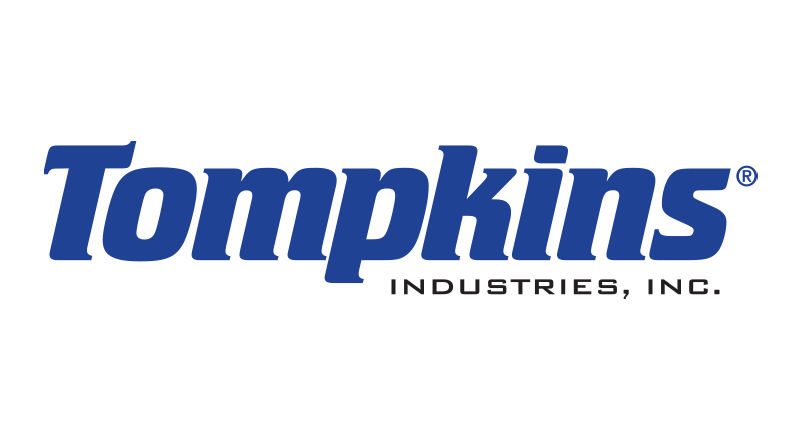Natural Gas Use in Trucking Expected to Rise
The natural gas boom is taking the trucking industry by storm. Fleet companies are taking a leap forward and switching from petroleum to cleaner-burning natural gas.
With the price of natural gas at a low, companies with larger fleets are looking to take advantage. In fact, the United Parcel Service (UPS) announced its plans to expand its current 112 natural gas vehicles to about 800 to run on liquefied natural gas (LNG) by the end of 2014.
Like most companies, UPS still has a long way to go in the conversion, but are "benefiting from incentives provided by various states and the federal government, which offer tax credits and grants for installing natural gas fuel stations and using vehicles fueled by natural gas."
The federal Energy Information Administration last year projected that if enough LNG filling stations were built, sales of heavy-duty natural gas vehicles could increase to 275,000 in 2034. In April, Cummins, a leading engine manufacturer, began shipping big new engines that make long runs on natural gas possible. In fact, the move to natural gas could cut the country's oil import bill.
With about eight million heavy and medium-weight trucks consuming three million barrels of oil a day, that is nearly 15 percent of the total national daily consumption.
The natural gas boom has produced a large amount of inexpensive fuel that burns cleaner, and makes meeting emission standards easier.
Read more from the New York Times.
Leave a Reply
You must be logged in to post a comment.





